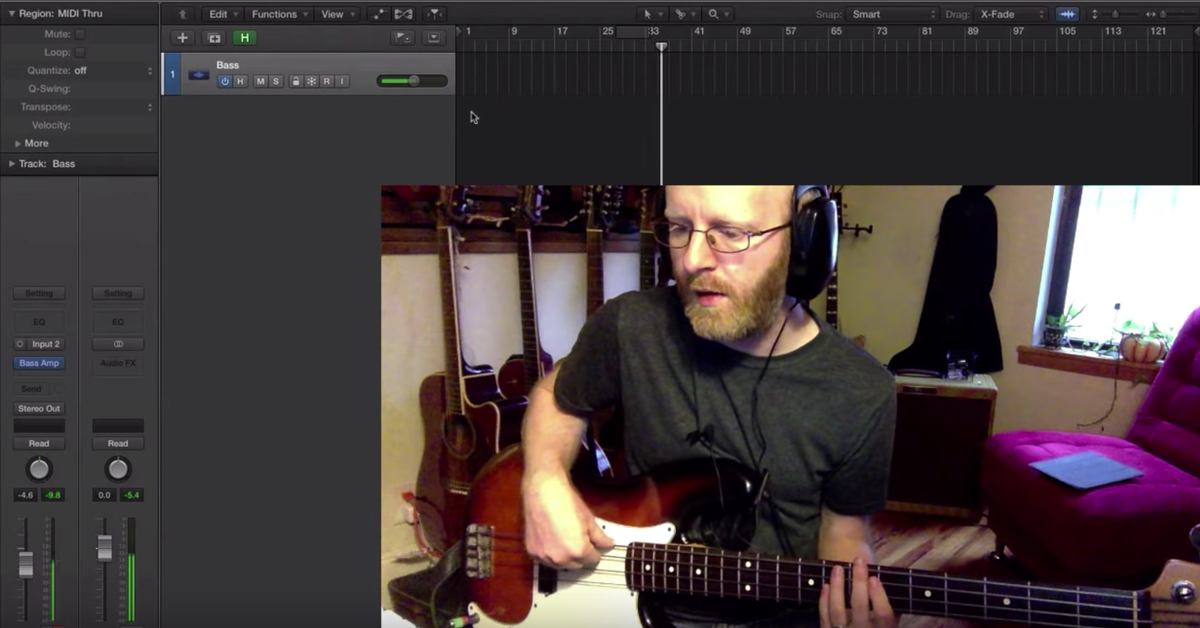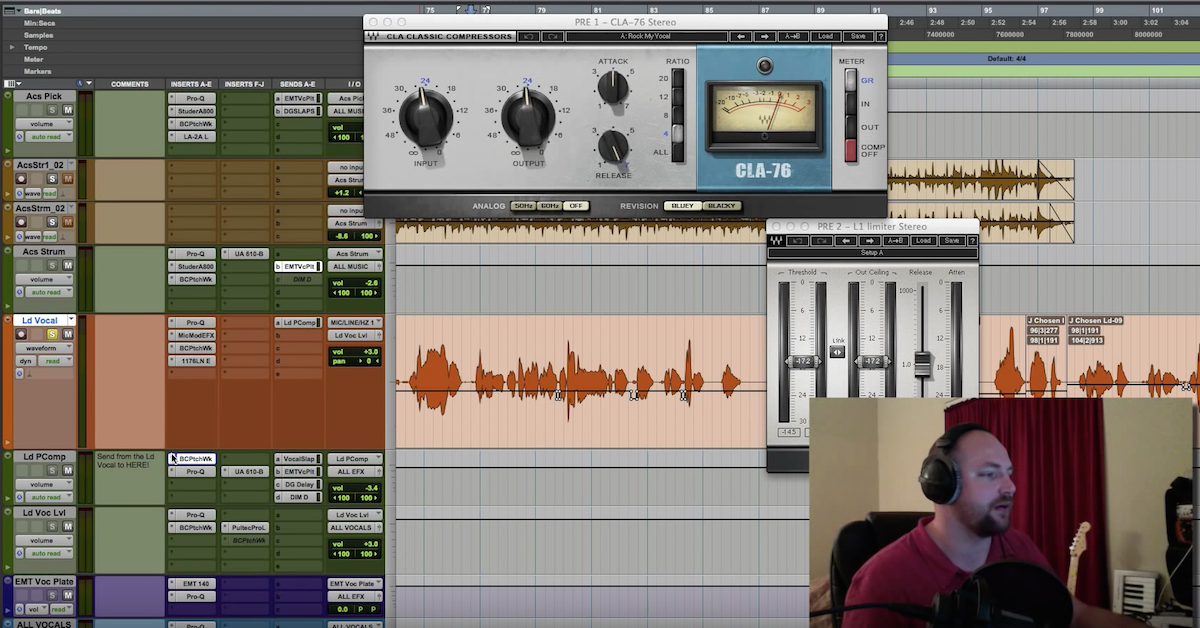Music Marketing: The Publicity Campaign (Part 2)
Article Content
In our last article, we discussed the materials needed to assemble an independent musical release. These materials included the media formats on which the music is printed, music videos, remixes, and an electronic press kit.
We learned that a successful marketing campaign requires some tangible product. We also learned that it requires many months of legwork to develop the materials that comprise a publicity campaign. During that time, you must also compose and produce new music for this campaign and future campaigns. Nobody ever said it was easy, but the more materials you have, the more impact your campaign can achieve.
This article will show you how to use these resources to maximize the effectiveness of your publicity campaign. The goal of a publicity campaign is to generate attention from publications that publish articles promoting your work. Every day sees dozens of press pieces about new music from emerging artists. How do you become featured in one of those pieces?
Put yourself in the shoes of a writer at a prominent music blog. A band’s press kit makes their way across your desk. A few thoughts cross your mind when deciding whether to run with this band’s album. Is the music easy to write about from a stylistic perspective? Is there a clear aesthetic to the band’s image? Is the music cool? Will the band bring their fans to my website? How many of their fans will click on the link to my article, if I write about them? Would this band’s album cover make my website look good? And most importantly, do they play in a style of music that my blog actually writes about?
The Debut
Music publications provide exposure to musicians, but they want something in return. That something is called exclusive content. If a publication accepts your work, they will want you to “debut” one of your materials with them. Any of the materials discussed above are released one at a time, spaced apart by at least 5-7 days, with different materials debuted through different press outlets.
For this reason, you must withhold all materials from the public until the debut date for each item. If you hire a PR firm, the firm will communicate with these publicity outlets directly. If you host your album on SoundCloud or a similar service, you must check the box indicating that the link is private. When the work debuts through a press outlet, you can uncheck the box to make the material public. This applies to music videos, remixes, singles and full albums.
Using a PR Firm
A PR firm, or public relations firm, handles publicity inquiries for their clients. They maintain a contact list with a direct line to music publications, magazines, blogs, and in the higher strata, talk shows and prominent newspaper columnists. A good PR firm will not send out e-mail blasts to their entire list for every client, but rather tailor their submissions to publications based on the right fit between each client and each publication.
PR firms see a musical release as a months-long campaign and shop materials out to publicity outlets during the course of the campaign. They can manage communication with multiple outlets to ensure that they release materials at different times. Publications appreciate this because they don’t want to compete with other outlets by featuring the same artist at the same time.
The firm will charge their client a monthly fee, usually starting at $1000 per month, with an average campaign running two or three months. A successful campaign on this budget should secure placement with a half dozen different midlevel publications, which will spin off into reposts from smaller blogs. Some PR firms charge up to $3000-$5000 per month or more.
Some artists may not find this arrangement worthwhile. But think of it this way: If three band members each kick in $333 for a bare-bones campaign, the release may make its way to a prominent blog. That blog can deliver attention, and the opportunity for new fans, gig offers, or even an e-mail from a music supervisor with a licensing opportunity. I have witnessed a $2000 campaign pay itself off with a single check from a music supervisor who clicked a link on a music blog to the band’s song. On the other hand, some artists pay thousands of dollars to find out that music blogs aren’t really going with their style of music at the moment. Making your music seem relevant to the public is your job, not the PR firm’s job.
To find a PR firm willing to work with you, look for recommendations from likeminded artists, or visit the web pages of artists similar to you and see who handles their publicity. Not every firm will work with you, but the artist is a paying client, so PR firms will have some incentive to take unsolicited requests. But they will only accept your money if they believe their contacts will publicize your music.
Submitting to Publications Directly
Without a PR firm, it will be more difficult to attract the attention of more prominent publications. Nevertheless, this is where all your hard work and image development will kick in; you’ve played a number of live performances at this point in the cycle. If you’re an electronic musician or hip-hop producer, you may have played live performances in addition to performing as a DJ. You’ve released demo recordings and received some feedback from your audience. Perhaps you’ve sent your demo to your favorite band and they graced you by responding with a quote that you can use in your press bio.
With all of these elements working in your favor, you can start compiling a list of music publications, starting with the smaller ones. Write a personalized e-mail pitch to each blog, outlining why your music is a good fit for that particular blog. Your greatest asset is that most publications are searching for the next big thing, not the big thing from five years ago. Prominent magazines often recycle features from smaller blogs because they want to appear tied into the underground. You can and should wear that underground status as a badge of honor.
Summary
The process of having your music publicized may be challenging and expensive, but it isn’t complicated. Music publications want to provide their readers with links to interesting music to advance their own clout and prestige. Convince them with your music and your art that they will look smart for choosing you! At the end of the day, a savvy music writer will detect the next smash success from the music they hear, not just from the e-mail blasts they receive from a PR firm.
Keep reading: Independent Radio Promotion (Part 3)






